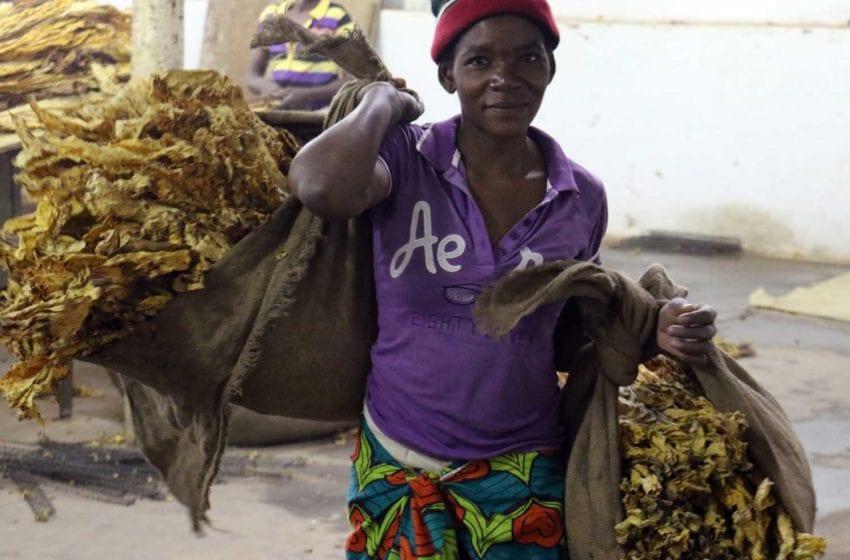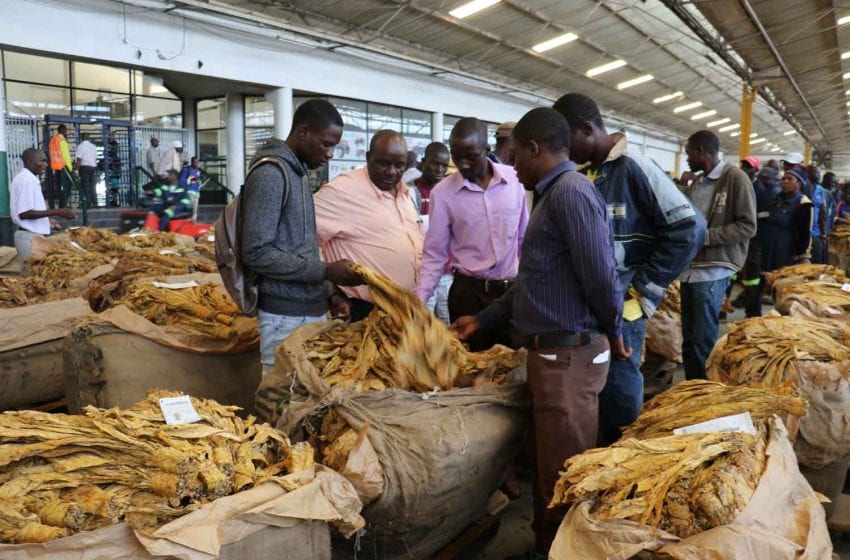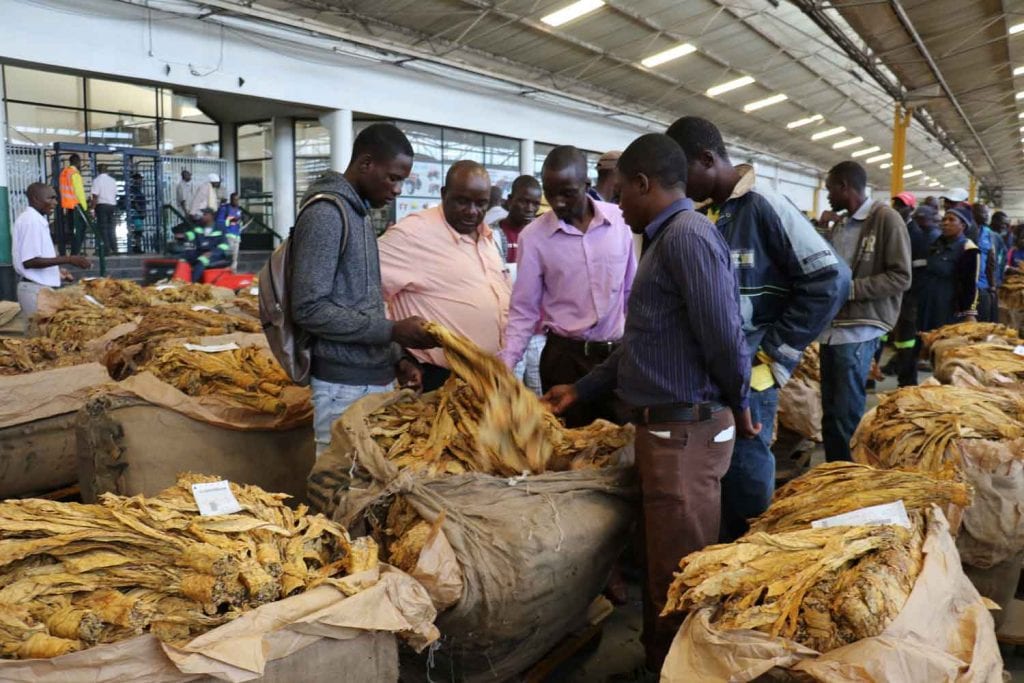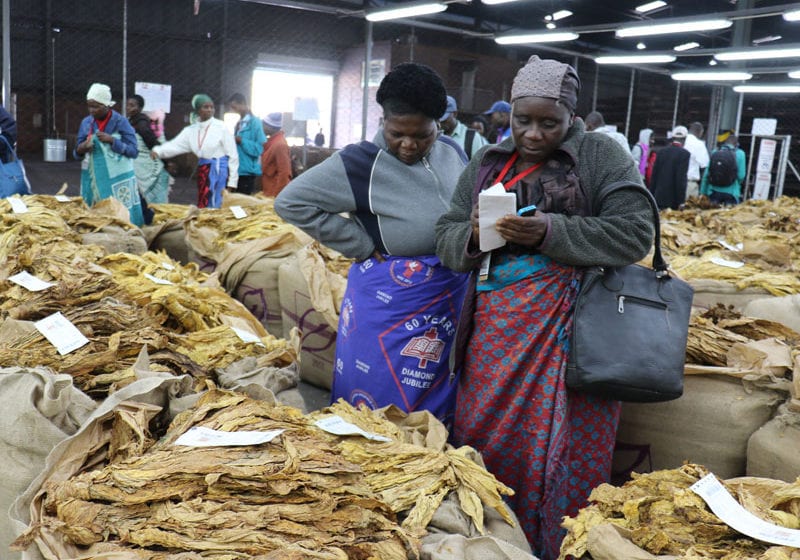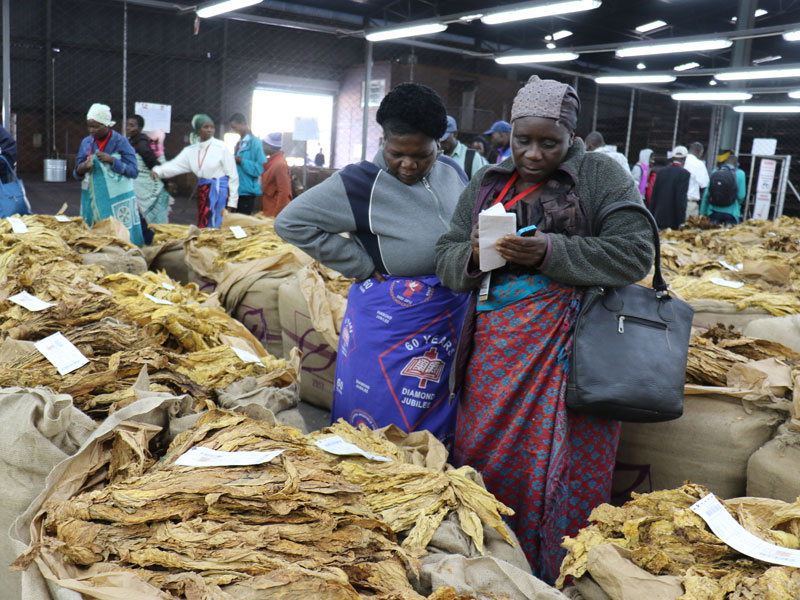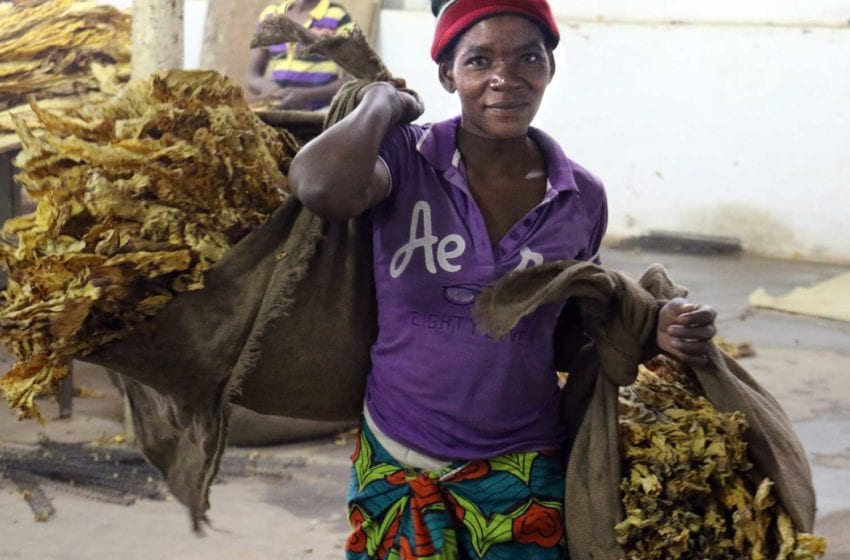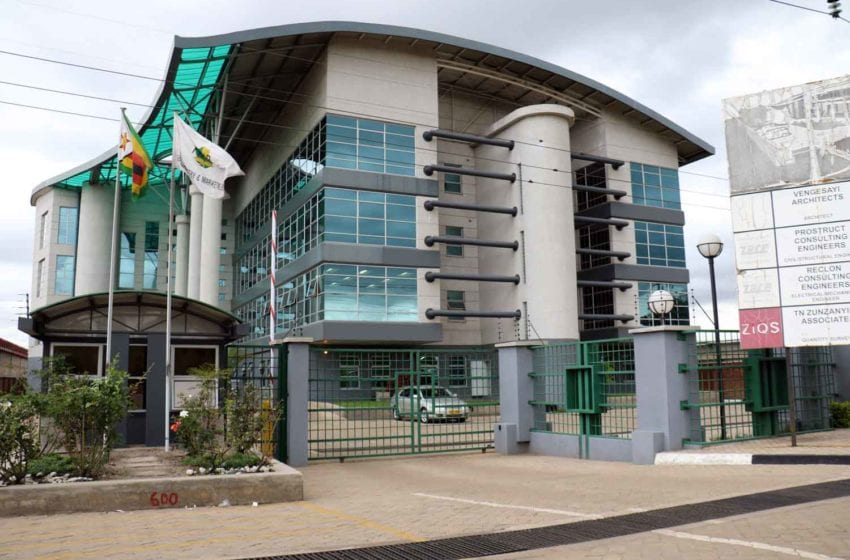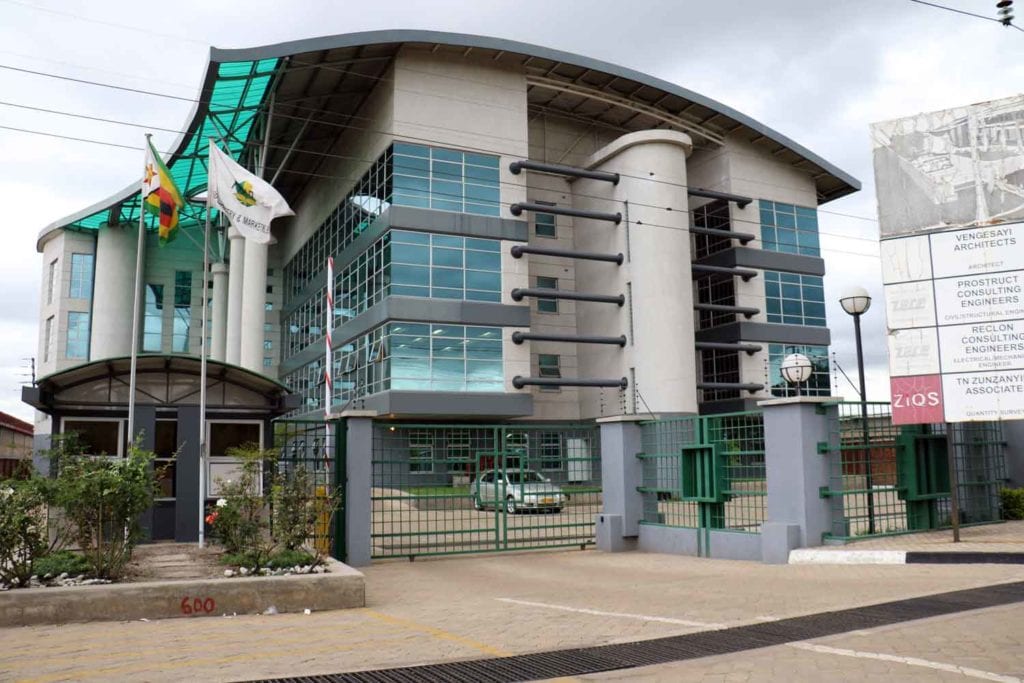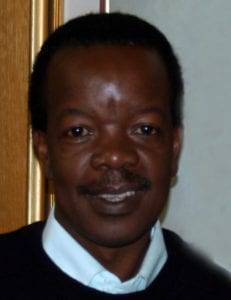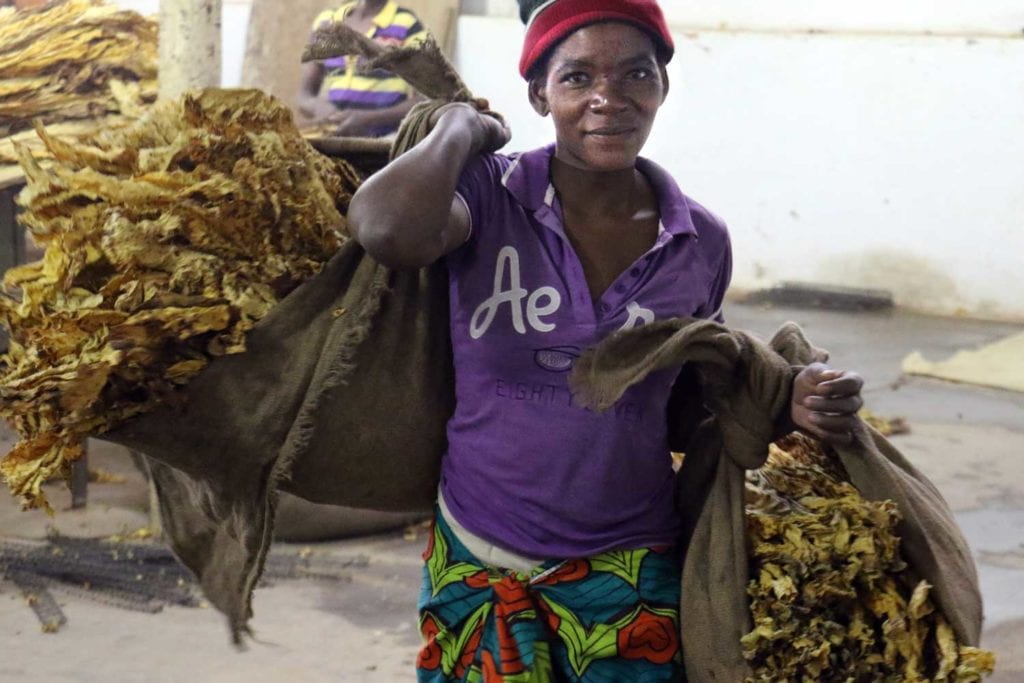
Zimbabwe’s Tobacco Industry and Marketing Board (TIMB) is cracking down on the side marketing of tobacco leaf during the 2022 selling season, according to The Sunday Mail.
“We have engaged relevant authorities to come up with a Statutory Instrument (SI) on side marketing,” said Saviour Muvirimi, TIMB head of inspectorate. “We also recruited informers in all farming areas in order to receive information on the presence of illegal buyers in communities.”
Police would be brought in to arrest those caught side marketing, according to Muvirimi. “TIMB will be making constant radar sweeps on frequency of sales on grower numbers with the view to identify grower numbers perpetuating side marketing. Respective individuals will be called to explain these sales, and if we are not convinced, we will block and suspend the grower numbers and refer such criminal elements to the Zimbabwe Republic Police for arrest.”
“Farmers who side market tobacco actually play around statistics by adjusting estimates,” he said, adding that the police department would be strict on addressing adjustment of estimates by farmers.
“TIMB will not hesitate to suspend sales and revoke licenses from contractors involved in side marketing. (We will) increase our surveillance patrols in farming communities in order to identify makorokoza’s (dealers) and errant licensed contractors engaging themselves in side marketing,” Muvirimi said.

